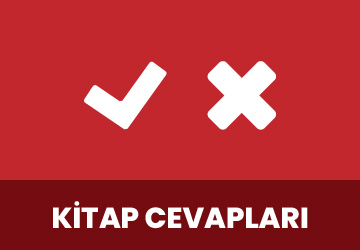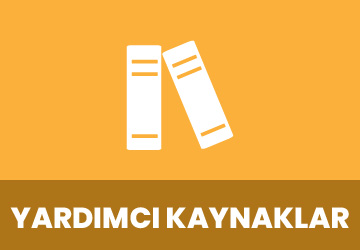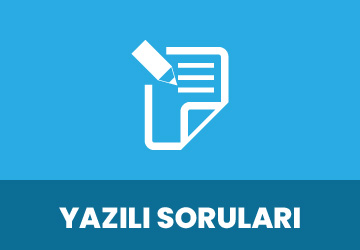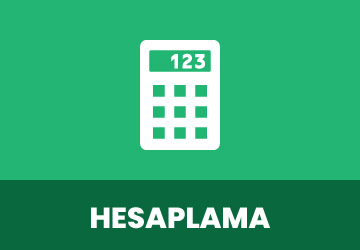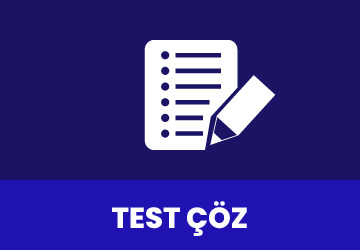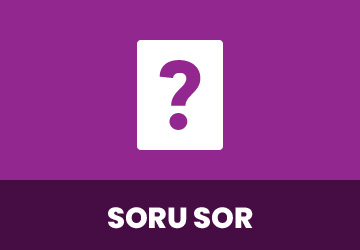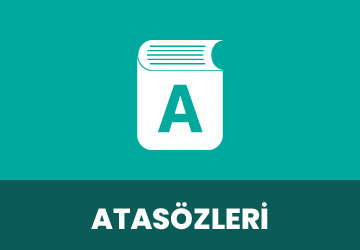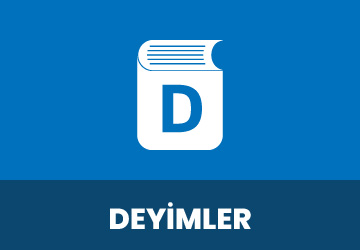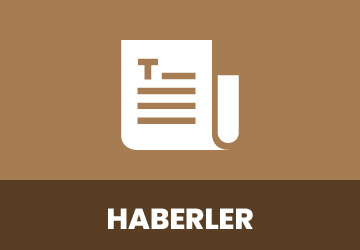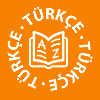
İngilizce Meb Yayınları Yes You Can B1.2 Ders Kitabı Sayfa 109 Cevabı
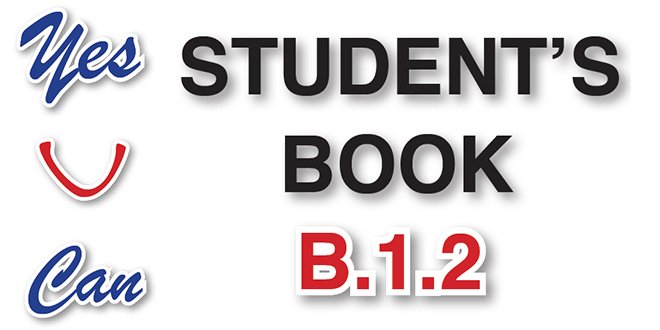

İngilizce Meb Yayınları Yes You Can B1.2 Ders Kitabı Sayfa 109 Cevabı
2017 – 2018 Eğitim Öğretim dönemiyle beraber pek çok ders ve çalışma kitabı değişti. Değişen ders kitaplarından biri de “İngilizce Meb Yayınları Yes You Can B1.2 Ders Kitabı Cevapları” oldu. Kitabı incelediğimizde ise Cansu ÇAĞLAR, Esra Emel, HOYRAZ Havva ARSLAN tarafından 121 sayfa olarak kaleme alındığını görüyoruz. Kitapta görseller ön plana çıkarılmış ve görsel tasarım ise Beyza DİRİK tarafından yapılmış.
“İngilizce Meb Yayınları Yes You Can B1.2 Student’s Book Sayfa 109 Cevapları“nda önce sorular yazıldı daha sonra cevaplar verildi.
SORULAR
* or adverbials which include the present:
ever(in questions); so far; until now; up to now; yet (in questions and negatives) Examples:
Have you ever seen a ghost?
He has written four books so far.
A : Haveyoufinishedyourhomeworkyet?
B : No, notyet. I’ve onlydone myEnglish homework.
THEME
♦ PRESENT PERFECT TENSE WITH SİNCE AND FOR
We use the present perfect tense with for + a period of time to define a period of time before now by considering its duration or with since + a point in time by considering its starting point.
The present perfect tense with for + a period of time:
(for six years, for a week, for a month, for hours, for two hours)
Examples:
I have worked here forfive years.
My grandparents have lived here for ages.
We have taught at this school for a long time.
Sandra has been married for three months.
They have been at the hotel for a week.
The present perfect tense with since + a point in time:
(since this morning, since last week, since yesterday, since I was a child, since Wednesday, since 2 o’clock)
Examples:
I have worked here since 1990.
Alice has been married since March 2nd.
They have been at the hotel since last Tuesday I have worked here since I left school.
♦ RELATIVE CLAUSES
Relative clauses are clauses starting with the relative pronouns who, that, which, whose, where, when. They are most often used to define or identify the noun that precedes them.
Relative pronouns are associated as follows with their preceding noun:
Preceding noun
a person Preceding noun
a thing
Relative pronoun
who(m) / that, whose Relative pronoun which / that, whose…
Note 1: The relative pronoun whose is used in place of the possessive pronoun. It must be followed by a noun.
Example:
İn grade 10, there’s a boy whose father is a professional tennis player. (There’s a boy in grade 10. His father is a professional tennis player.)
Note2: The relative pronouns where and when are used with place and time nouns.
1994 was the year when I got married my husband.
Do you know the girl who started in grade 9 last week?
Can I have the pencil that I gave you this morning?
A notebook is a computer which can be carried around.
I will eat in this restaurant whose meals are delicious.
İngilizce Meb Yayınları Yes You Can B1.2 Ders Kitabı Sayfa 109 Cevabı

